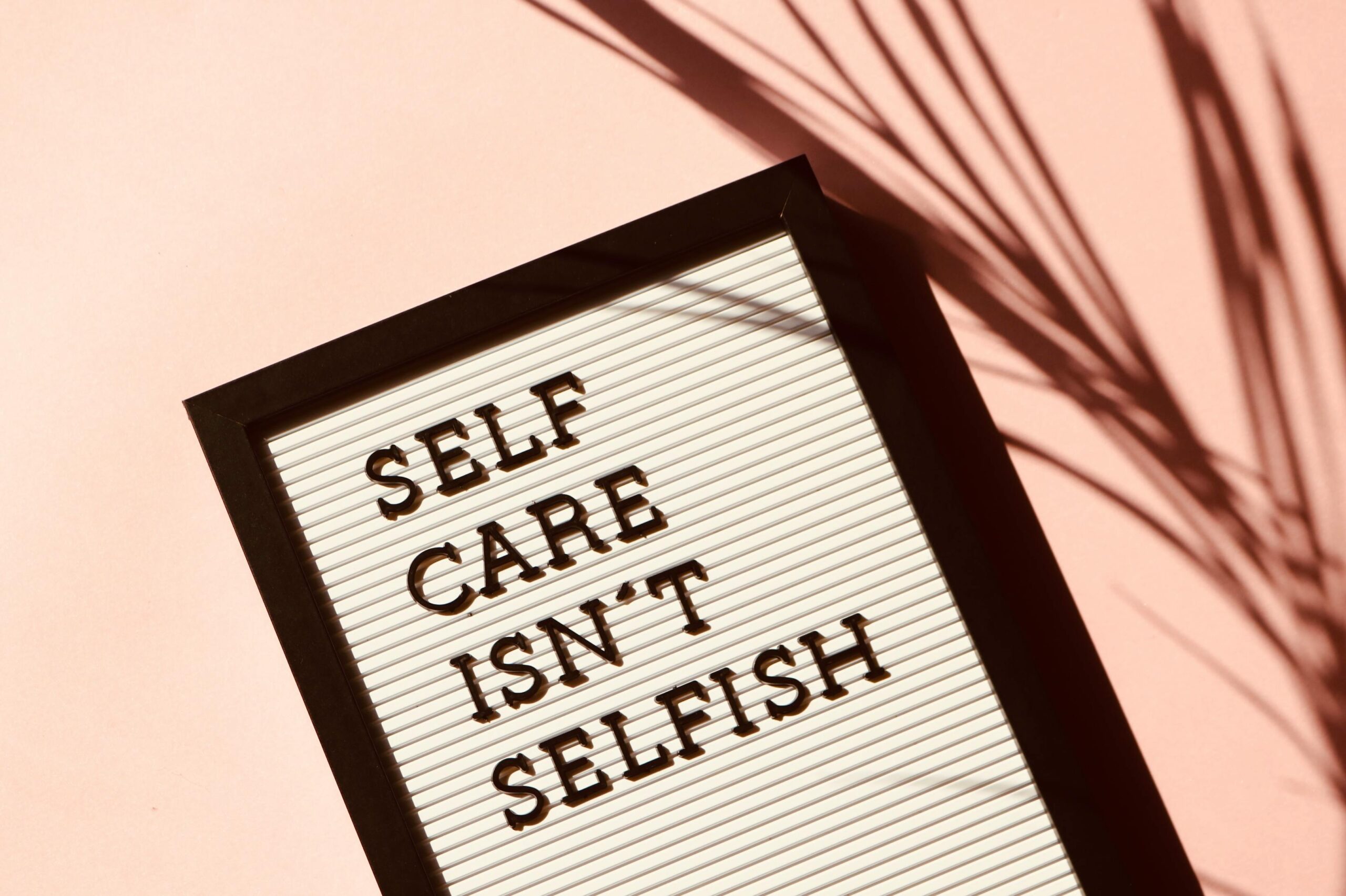Introduction
Just as we schedule regular physical check-ups to monitor our physical health, mental health check-ups are equally important. They help identify potential issues early, ensuring that individuals receive the support they need to maintain their overall well-being. In this blog, we’ll discuss the importance of mental health check-ups, signs that it might be time to seek psychiatric help, and what to expect during a visit.
Why Mental Health Check-ups Matter
Mental health can fluctuate due to various factors, including stress, trauma, hormonal changes, and life transitions. Regular check-ups can help:
- Detect Issues Early: Early identification of mental health concerns can lead to more effective treatment.
- Promote Well-being: Regular assessments can help maintain mental health and prevent the development of more severe conditions.
- Adjust Treatment Plans: For those already undergoing treatment, check-ups provide an opportunity to discuss progress and make necessary adjustments.
When to Seek Psychiatric Help
It can be challenging to recognize when it’s time to seek help. Here are some signs that indicate it might be beneficial to consult a psychiatrist:
- Persistent Sadness or Anxiety: If feelings of sadness or anxiety linger for weeks and interfere with daily life, it’s important to seek help.
- Changes in Mood or Behavior: Noticeable shifts in mood or behavior, such as increased irritability, withdrawal from social interactions, or drastic changes in sleep patterns, may signal an underlying issue.
- Difficulty Coping with Stress: If you find it increasingly challenging to handle stress or manage daily responsibilities, it might be time to talk to a mental health professional.
- Substance Abuse: If you or a loved one is using alcohol or drugs as a coping mechanism, professional help is crucial.
- Thoughts of Self-Harm or Suicide: If you have thoughts of harming yourself or others, seek help immediately. This is a critical situation that requires urgent attention.
What to Expect During a Psychiatric Check-up
- Initial Assessment: Your psychiatrist will conduct a thorough assessment, including discussing your medical history, symptoms, and any previous treatment experiences.
- Discussion of Symptoms: Be prepared to talk openly about your feelings, thoughts, and behaviors. This will help the psychiatrist understand your situation better.
- Diagnosis and Treatment Options: Based on the assessment, your psychiatrist may provide a diagnosis and discuss potential treatment options, including therapy, medication, or lifestyle changes.
- Follow-up Plan: Regular follow-up appointments may be recommended to monitor your progress and adjust treatment as needed.
Conclusion
Mental health check-ups are a proactive step towards maintaining your overall well-being. By seeking psychiatric help when needed, you can take control of your mental health and work towards a healthier, happier life. If you or someone you know is struggling, don’t hesitate to reach out for support—your mental health matters.
Remember, prioritizing mental health is just as important as prioritizing physical health, and taking that first step can lead to significant positive changes in your life.

